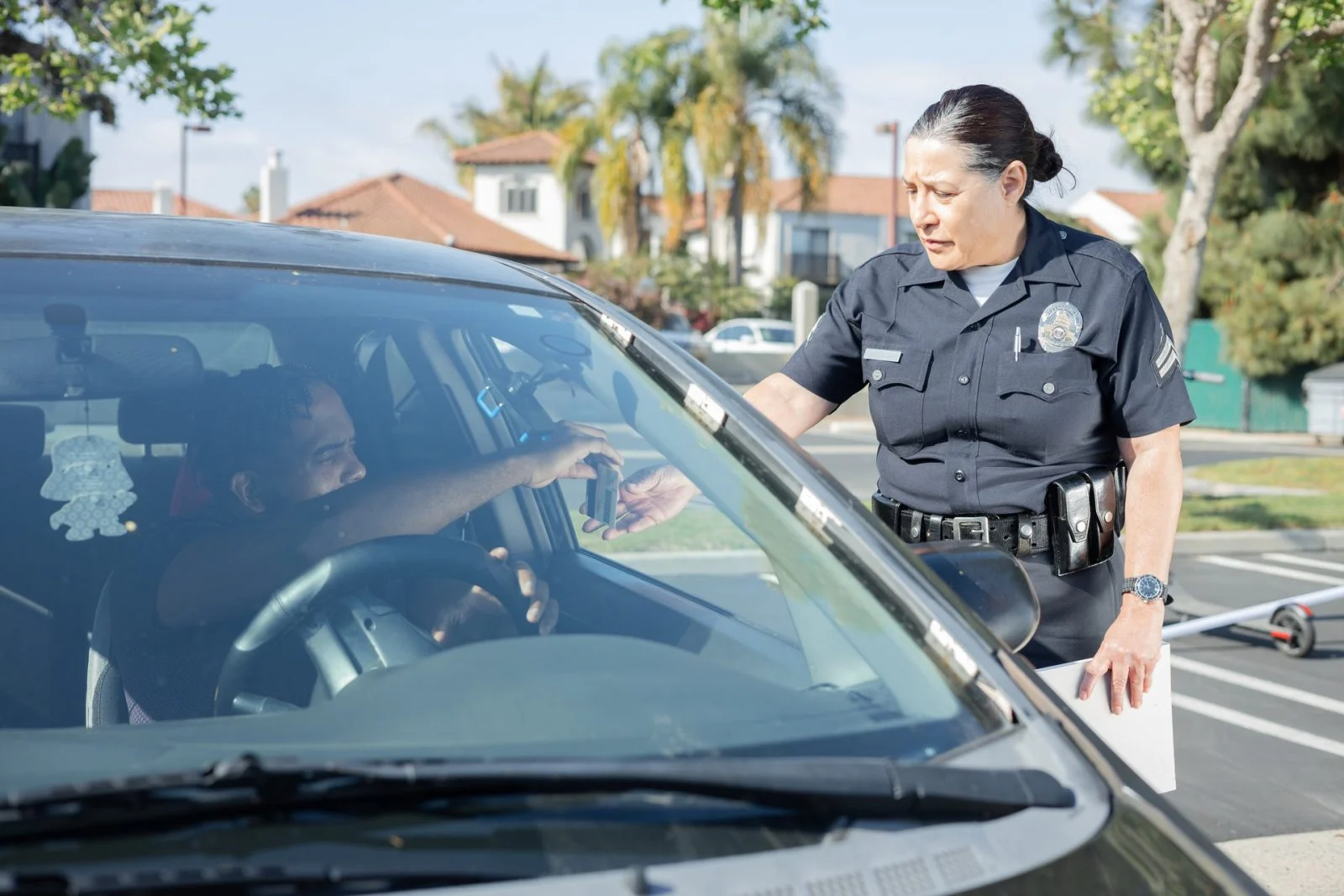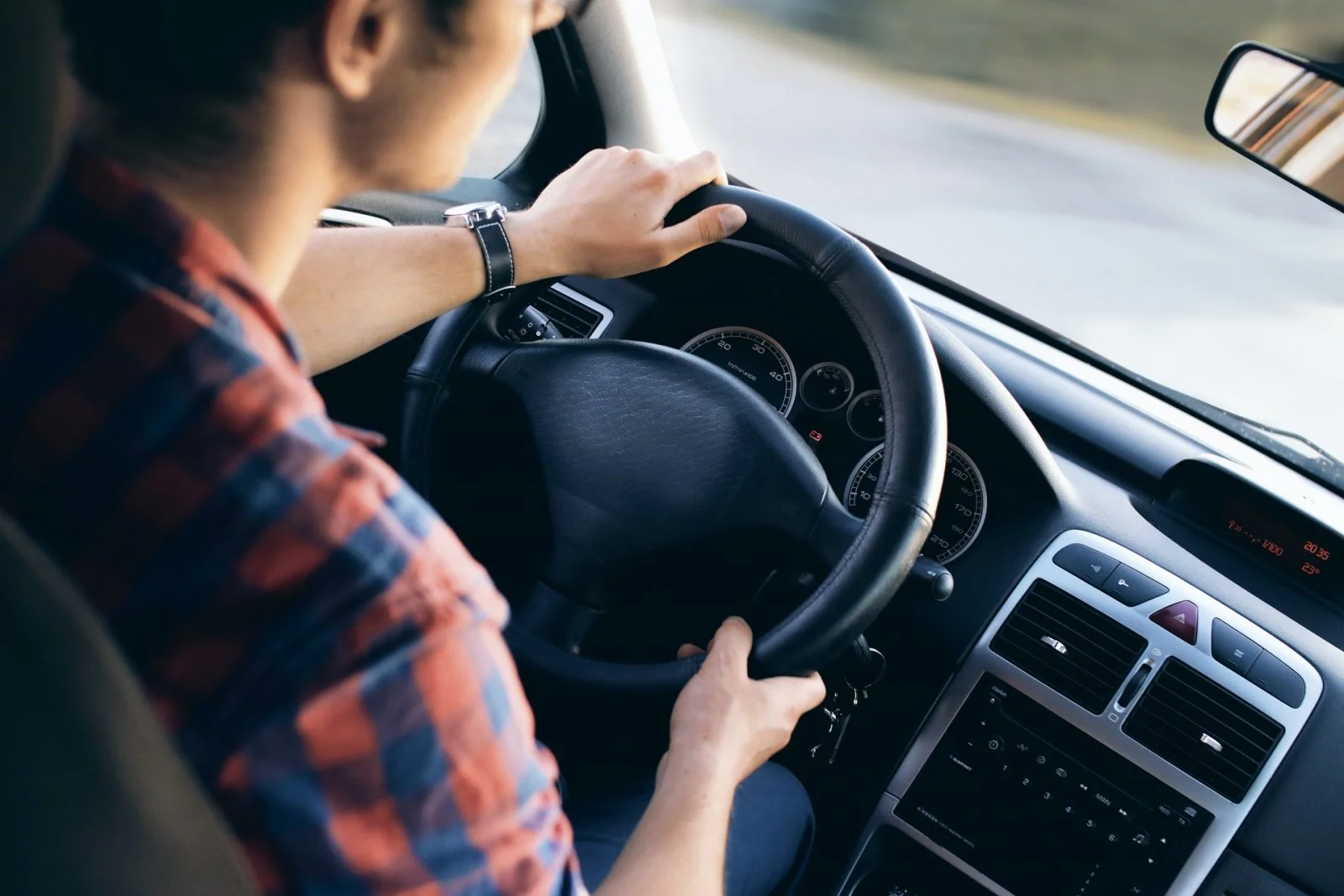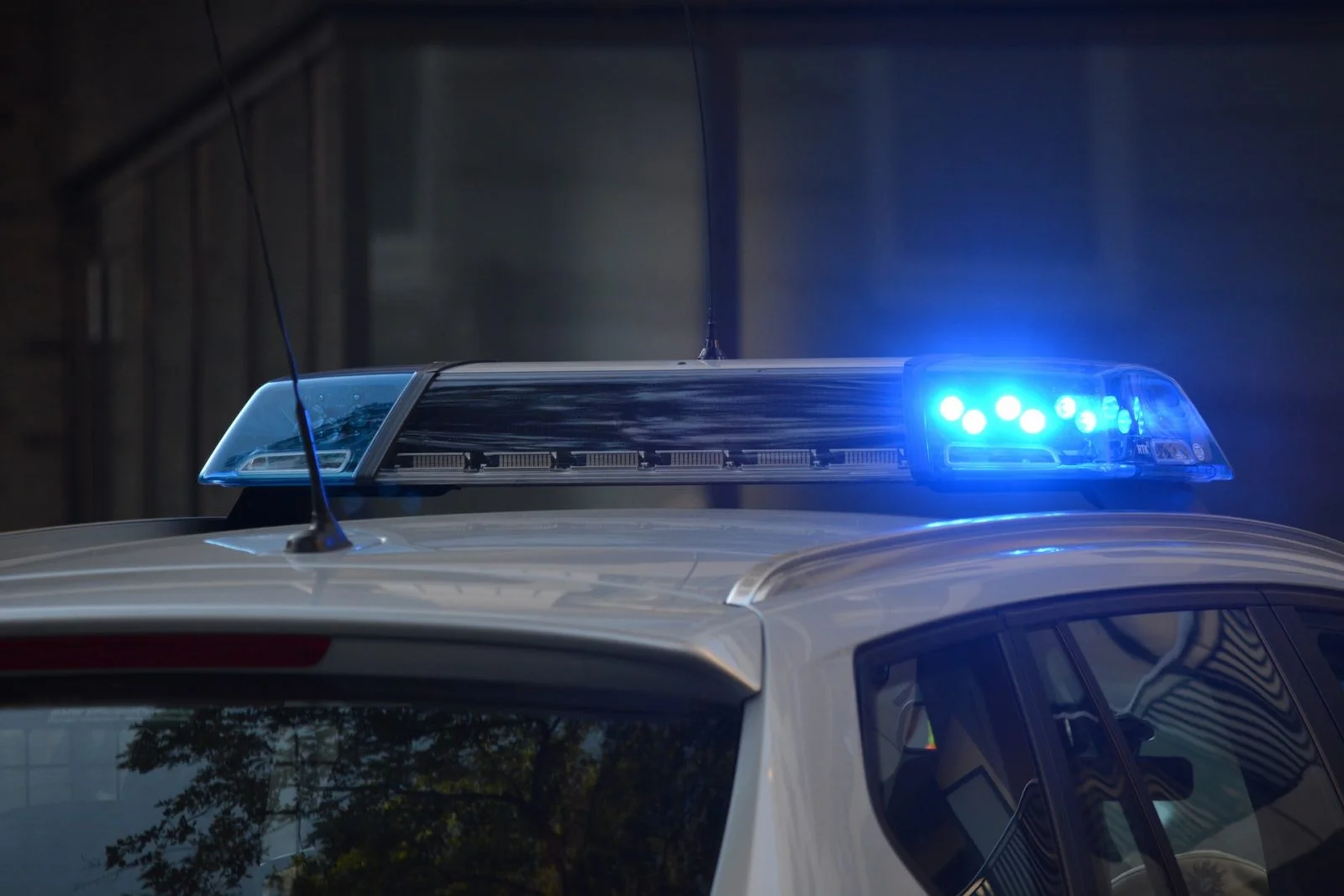Challenging A DUI Charge: Our Advices

If you have been arrested and charged with DUI, you are likely feeling a range of emotions including confusion, frustration, and fear. You may be wondering how this will affect your life and what you can do to get out of this situation. In this blog post, we will provide an overview of DUI law in the United States and explain how you can get out of a DUI charge.
You can learn more about DUI charges and how to effectively deal with a DUI case by talking to Louis J. Goodman who has helped many people with their legal cases for more than 30 years! Give us a call at 510-582-9090!
What is DUI?
DUI, or driving under the influence, is a criminal offense in all 50 states. It is defined as operating a motor vehicle while impaired by alcohol or drugs. In most states, you can be charged with DUI if your blood alcohol concentration (BAC) is above .08% which is the legal limit.
How Can I Get Out of a DUI Charge?
There are a number of ways to challenge a DUI charge, but one of the most common is to challenge the legality of the arrest. This can be done by arguing that the officer did not have probable cause to stop you or that your rights were violated in some way during the arrest process. You may also be able to argue that you were not actually impaired at the time of arrest and that the BAC test was inaccurate.
Because no one wants a DUI conviction on their record, you may be asking how you can get your charges dropped. Whether it’s because the officer made an error or the breathalyzer was inaccurate – there are certain circumstances under which beating this charge would not only make sense but would also be perfectly legal!
The following is a review of some of the methods your lawyer might be able to use to assist you to have your DUI charge dropped. Remember that each case is unique, and no assurances can be made, although there are a few prevalent causes for rejection.

Was The Stop Valid?
It’s important to know your rights when pulled over by a police officer. The Fourth Amendment guarantees you have reasonable suspicion of a crime before they can legally stop the vehicle. Any evidence gathered as part of this action will likely get suppressed in court if it is later found that they did not have probable cause. This includes any chemical testing and field sobriety tests you may have taken, as well as your statements to the officer.
A routine traffic violation like speeding doesn’t count – but unnecessary weaving or erratic driving could lead an officer to make assumptions that may not be correct.
The “exclusionary rule” bars the use of evidence obtained in violation of your rights. This means that if you are stopped for no reason and then arrested, any objective signs such as slurred speech or red eyes will be excluded from trial because they were derived through an illegal search–even though there might have been other reasons behind these observations! Your attorney can challenge this by bringing pretrial motions to exclude them before it starts.
Are The Chemical Test Results Valid?
Whether you took a breath, urine, or blood test you may be able to challenge the accuracy of your results. One key area that could lead to an inaccurate result is if equipment was not properly maintained and calibrated.
For instance with regard to how often paramedics are trained in drawing samples and whether or not they have experience in the field as opposed to taking measurements in a training environment.
The results of your blood tests can be thrown out or at least called into question, thereby weakening the prosecution’s case against you.
Faulty Sobriety Tests
Although the three main tests used by police officers to determine if you’re too impaired for driving are HGN, WAT, and OLS (the one-leg stand), these assessments can be challenged due to the potential for human error. Your attorney may find ways in which they can challenge this evidence against you.
In the past, innocent people have had their licenses revoked or even gone to jail based on false-positive readings from field sobriety tests. The following are some of the ways your lawyer might be able to contest the tests:
- Is it possible that the officer failed to adequately clarify the exam instructions?
- Was the testing conducted in dim light or on uneven ground?
- Was the driver wearing high heels or sandals that were not appropriate?
Other than alcohol, there are various factors for involuntary eye movement that might cause you to fail the HGN test. Your attorney may be able to challenge this during cross-examination of an officer or even before trial by getting medical records from a doctor.
A person’s eyes will dart about because they have been drinking too much but could so be because of some kind of illness that might lead him/her into experiencing “eye” problems like the double vision which could mimic what happens when someone is under the influence.

Who Was Driving?
The “postponement” or “defense” argument is less technical and more fact-specific than many other legal defenses, but it may still be successful in certain situations. It typically arises when the police arrive at the scene of an accident without any witness statements claiming they saw who was driving (you). You also have to prove that neither you nor another person admitted responsibility for causing damage after arriving on-site.
The issue of “who was driving?” arises once more, but it may also be extended to “when was the person driving?” Was he or she driving while inebriated, or is it impossible to tell when he or she was driving? The prosecutor has the burden of proving that you were the driver and that you were inebriated at the time of driving.
Medical Conditions such as GERD
The best way to avoid being considered guilty of DUI is by knowing your symptoms and conditions that may cause false readings on a breathalyzer. This includes things such as acid coming from the stomach up into the mouth, which could result in elevated levels of alcohol consumption even if you’ve eaten recently or had coffee just before taking the test.
Gastroesophageal reflux disease (GERD) Hiatal hernias heartburn/acid regurgitation can all lead an individual to have read higher than might be accurate.
Auto Brewery Syndrome
People with Auto-Brewery Syndrome have a rare medical condition where alcohol is produced in their digestive system – without drinking any alcoholic beverages. Sometimes very intoxicating amounts can arise from this process! The cause for these individuals seems to be linked primarily due to diets high in carbs and refined foods as well as overusing antibiotics drugs which allow yeast or bacteria inside the intestines to convert sugar into Axehate Ales (a type of beer).
While auto-brewery syndrome is not genetic, medical conditions can trigger too much yeast in the gut and set off this condition. If you have been diagnosed with Crohn’s disease or diabetes, for example, your attorney may be able to get a DUI dismissed if it’s proven that these illnesses caused an overactive immune system which led to increased production of candida Albicans cells.
Ketosis
Ketosis is a normal metabolic process triggered in your body when it doesn’t have enough carbohydrates from food for cells to burn fat instead of carbs. This can happen because you’re on an Atkins-style diet, or have diabetes or hypoglycemia.
You may think what does this have to do with a DUI?
Well, ketones are the primary source of breath alcohol in our bodies. When they’re eliminated through urine and sweat, these molecules convert into other types that can affect how you smell – even if there isn’t any actual alcohol present!
Mouth Alcohol
Breath tests have been shown to have a serious flaw when it comes time for accuracy. Studies show that many can’t tell if you’ve drunk alcohol or another similar chemical like methyl group compounds. These can be found in your mouth and lungs after eating certain foods such as candy bars made with sugar instead of corn syrup solids which may cause them to test positive without any alcoholic beverages actually being consumed.
This means law enforcement must be extra careful during searches otherwise they will miss out on possibly discovering something important due to these inaccuracies.
Oral drugs including Anbesol, Vicks Formula 44, NyQuil, and cough drops might produce mouth alcohol. Other reasons for “mouth alcohol” can be:
- Albuterol Breath spray and oral herbal tinctures are included in asthma inhalers.
- Food soaked in alcohol was detected in dental procedures in small amounts.
- Regurgitating or burping.

Interference with Radio Frequencies
The breath test devices are susceptible to radio frequency interference (RFI) and electromagnetic interference (EMI). This can cause them to indicate erroneously high BAC levels due to their sensitivity.
RFI reading errors may be caused by the following devices:
- Radios used by cops
- Mobile phones
- Microwaves
- Surveillance cameras
- Radios (FM and AM)
- Radar detectors in police cars
When devices emit waves in the range of microwaves and radio frequency, it’s easy for an RFI Detector to pick them up. But when these same sources produce interference outside that scope (think cell phone tower radiation), prosecutors have difficulty getting convictions since there isn’t always physical evidence that drivers were using their phones while driving.
Emergency Situations
The legal defense of “necessity” in California excuses DUI when a defendant needs to drive solely to prevent greater harm in an emergency.
Criminal jury instructions 3403 outline how a person can be exonerated of DUI if they:
- Acted in an emergency to protect themselves or others from serious bodily harm or evil.
- The DUI did not pose a larger risk than the one that was averted.
- There was no other viable legal option.
- Furthermore, the defendant made no significant contribution to the disaster.
Legal processes such as DUI cases can be very technical and detailed. With over 30+ years of experience, Louis J. Goodman can help you, contact us today!
Laws in California Regarding DUI
Title 17 of the California Code of Regulations (Title 17), sections 1215-1221 define many specific requirements for DUI blood alcohol tests.
Technicians must not use an alcohol-based cleaning solution to disinfect the draw site, according to Title 17 standards.
- Only approved technicians are permitted to draw blood.
- To prevent the sample from fermenting or clotting, the technician must use the right amount of preservative and anticoagulant in the vial.
- The anticoagulant and preservative used must not have expired.
- The blood sample must be well mixed with the preservatives and anticoagulants.
- The blood sample must be appropriately maintained and chilled.
The state of California has different fees and penalties depending on the case.
First-Time Offenders
- Fines and penalties
- License suspension
- The installation of an Ignition Interlock Device (IID) is required in some counties
Second-Time Offenders
- Fines and penalties
- Mandatory 10 days to 1 year in prison
- Suspension for two years, which can be reduced to one year.
- Installation of an IID is required.
Third-Time Offenders
- Penalties and fines
- Suspension of your driver’s license for three years is required.
- A mandatory prison sentence of 120 days to one year
- Installation of an IID is required.

Frequently Asked Questions About DUI
How will a DUI conviction affect my life?
A DUI conviction can have a number of serious consequences, including jail time, fines, and driver’s license suspension. It can also impact your job prospects, insurance rates, and ability to travel abroad.
Can I get a DUI if I am not driving?
Yes, you can be charged with DUI for operating a motor vehicle even if you are not driving. For example, you can be charged with DUI if you are sitting in the driver’s seat with the engine running.
Are there any defenses to a DUI charge?
There are a number of defenses that can be used in a DUI case, including lack of probable cause to stop you, faulty breathalyzer tests, and improper police procedure.
Do I need an attorney if I am charged with DUI?
You are not required to have an attorney if you are charged with DUI, but it is highly recommended that you hire one. An experienced DUI attorney can help you challenge the evidence against you and may be able to get the charges reduced or dismissed altogether.
What is the punishment for a DUI conviction?
The punishment for a DUI conviction varies depending on state law, but typically includes jail time, fines, and driver’s license suspension.
Can I lose my job if I am convicted of DUI?
A DUI conviction can have a negative impact on your job prospects, as many employers conduct background checks.
What happens if I get caught driving with a suspended license after a DUI?
You may be charged with a separate offense, such as driving without a license or aggravated unlicensed operation of a vehicle.
Can I travel abroad if I have a DUI conviction?
A DUI conviction can prevent you from entering certain countries, and may also impact your ability to obtain visas.
What should I do if I am arrested for DUI?
If you are arrested for DUI, you should remain silent and contact an attorney immediately.
So now you know what can happen when you get charged with a DUI and how it can affect your life. A qualified attorney will be able to advise you on the possibility of getting your DUI charges dropped. While results are never guaranteed, legal professionals, like Louis J. Goodman can evaluate cases and look for constitutional violations or errors by law enforcement officers in charge of enforcing these laws – which means they have all types of tools at their disposal!
We have listed some defense ways to get out of a DUI case and if you feel like these defenses can be used in your case, give us a call to evaluate your case.
Request A Free Case Evaluation
Fields marked with an * are required
"*" indicates required fields



